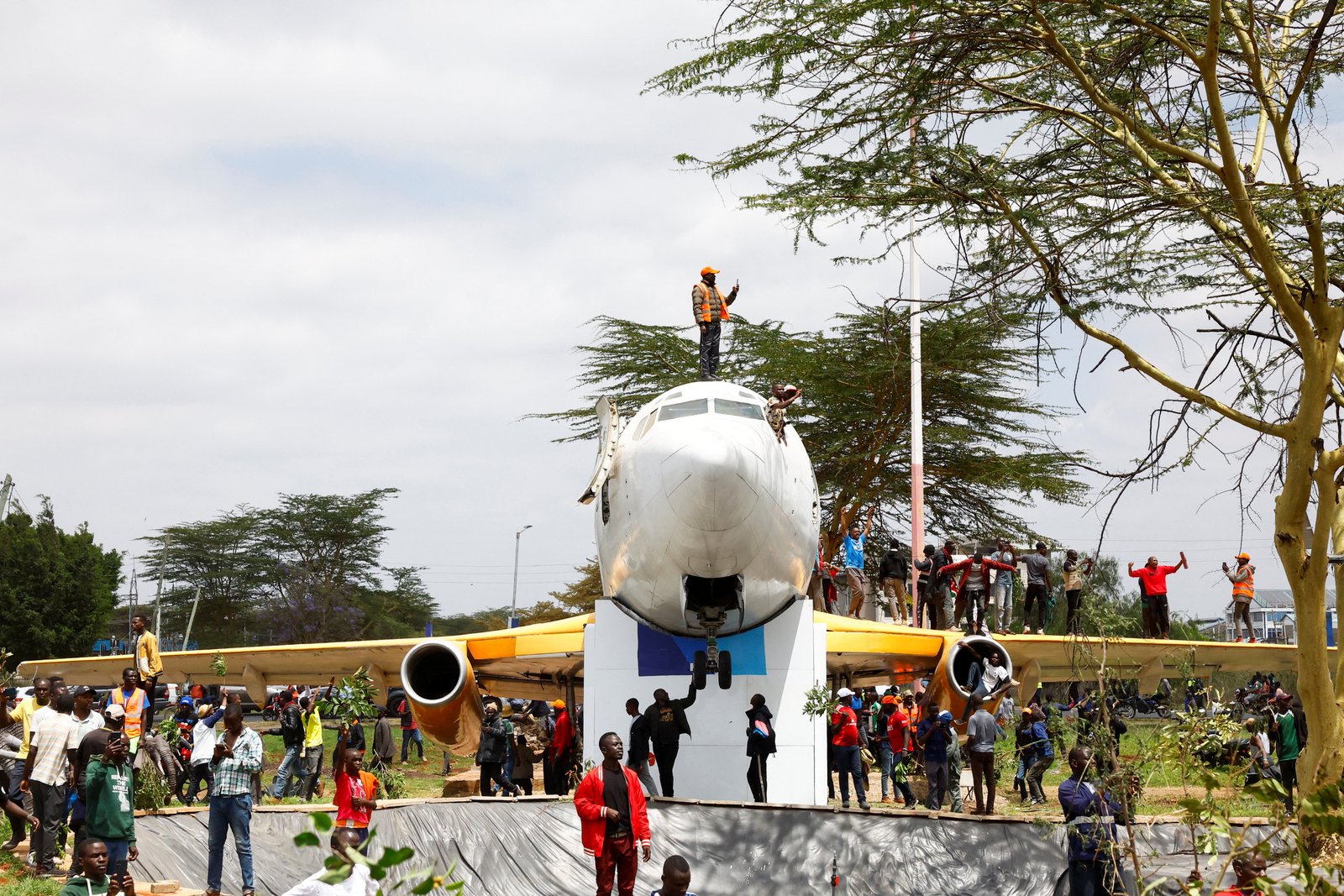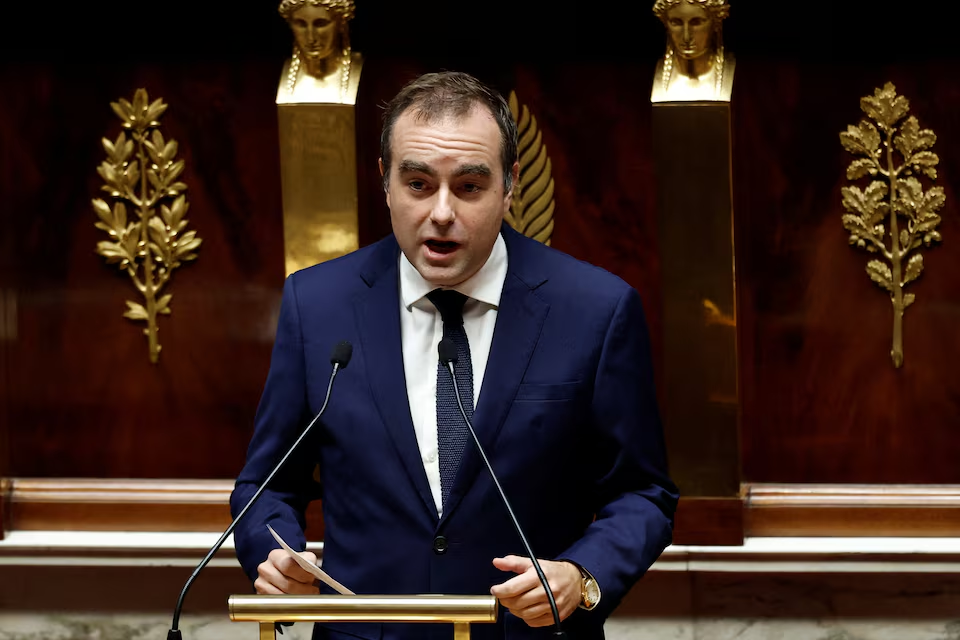"When talking about Hinduism, they were shot - the survival of the Indian tourist couple on honeymoon in Kashmir - the wife's cries"
According to an AP report, after getting married in February, Aishanya and Shubham Dwivedi planned a trip to Indian-administered Kashmir. While sitting and having breakfast in the green meadows of Pahalgam, surrounded by the snow-capped peaks of the Himalayas, a man approached them from behind. Initially, he did not seem threatening. They thought he might be a local guide.
"When talking about Hinduism, they were shot - the survival of the Indian tourist couple on honeymoon in Kashmir - the wife's cries"
"When talking about Hinduism, they were shot - the survival of the Indian tourist couple on honeymoon in Kashmir - the wife's cries"
According to an AP report, after getting married in February, Aishanya and Shubham Dwivedi planned a trip to Indian-administered Kashmir. While sitting and having breakfast in the green meadows of Pahalgam, surrounded by the snow-capped peaks of the Himalayas, a man approached them from behind. Initially, he did not seem threatening. They thought he might be a local guide.
Aishanya said the man looked at them with sharp eyes and asked only one question: "Are you Hindu or Muslim?" If they were Muslim, he asked them to recite the Islamic declaration of faith (Kalima). The couple was stunned. Aishanya thought it might be some local drama. Her husband said, "We are Hindu."
Without any delay, the man pulled out a pistol and shot Shubham in the head, Aishanya said, breaking down in tears. Her husband fell on her, bleeding all over her. The man then aimed the gun at Aishanya but did not shoot. She said the purpose was clear: "He wanted to kill the men and keep the women alive so that they could mourn, cry, and tell this horrific story."
She heard that the gunmen, along with others, told the tourists: "Tell your government. Tell Modi what we did." The tourists then fled to save their lives.
Witnesses who described the massacre said an unknown militant group, 'Kashmir Resistance,' claimed responsibility for the attack. India has blamed Pakistan for assisting in this massacre, though Pakistan has denied it. Both sides have issued warnings of possible military retaliation.
In 2019, India revoked Kashmir's semi-autonomous status, claiming it was to aid in development and integration. Since then, violence had decreased somewhat. However, the survivors say the fear from this attack is unforgettable. They raised questions about how such an incident occurred despite the large military presence.
"This is a major security failure," said Sunil Swami, whose son-in-law, Navy officer Vinay Narwal, was killed. He said the government should only invite tourists to Kashmir if "complete security" can be guaranteed: "Give it in writing and guarantee it."
Swami also said that, according to his daughter's account, some men in military uniforms came and killed people after checking their religion.
"They shot my son-in-law three times in the neck, chest, and thigh when they realized he was Hindu," he said.
Mumbai teacher Rajashree Akul shared that her older sister Anushka Moner's family members were killed. Two gunmen asked the tourists' religion, as her sister had experienced. "My brother-in-law had pleaded, 'Leave us alone,' saying 'We are innocent tourists.' But they did not listen and shot him dead," Akul said.
Tage Mali, who serves in the Indian Army in Kashmir, laments that he could not save his younger brother Tage Heiliang — an Indian Air Force officer — who was shot and killed in front of his wife. His brother's wife told him they heard gunshots and the gunmen came asking for his brother's identity. When they confirmed he was Hindu and a soldier, they shot him.










